Diesel fuel is an integral part of the transportation and industrial sectors. It powers various vehicles, from trucks and buses to agricultural machinery and generators. Understanding diesel fuel, especially its color and quality, is crucial for ensuring optimal performance and longevity of diesel engines. This article provides an in-depth look at the significance of diesel color and quality, the factors that affect them, and how to ensure you’re using the best fuel for your needs.
What is Diesel Fuel?
Definition of Diesel Fuel
Diesel fuel is derived from crude oil through a refining process. This fuel contains hydrocarbons and other compounds that make it suitable for compression ignition engines. Unlike gasoline, diesel is denser and has a higher energy content, resulting in better fuel efficiency. Diesel engines use a different combustion process, relying on heat generated by compressed air to ignite the fuel. This process generally allows diesel engines to produce more torque, making them ideal for heavy-duty applications.
Types of Diesel Fuel
There are primarily two grades of diesel fuel: Diesel No. 1 and Diesel No. 2. Diesel No. 1 is lighter and offers better cold-weather performance, making it ideal for environments that experience extremely low temperatures. Diesel No. 2 is more commonly used and generally contains more energy, making it suitable for most applications. Additionally, biodiesel is increasingly gaining popularity. It is made from renewable resources like vegetable oils or animal fats and can often be blended with traditional diesel.
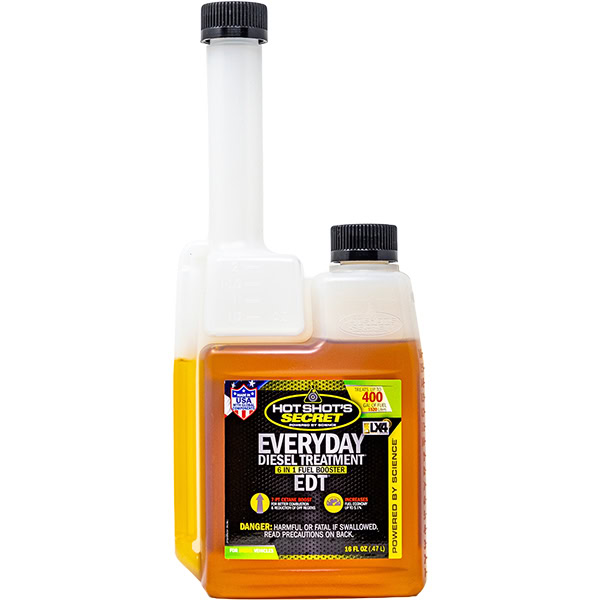
Importance of Diesel Quality
Impact on Engine Performance
The quality of diesel fuel directly impacts the performance of an engine. High-quality diesel fuels burn more efficiently, offering better power output and improved fuel economy. Conversely, poor-quality fuel can lead to several issues, including reduced engine performance, increased emissions, and potential damage to engine components. Ensuring that you use high-quality diesel fuel is essential for the longevity and reliability of your engines.
Potential Contaminants
Many contaminants can affect the quality of diesel fuels. These include water, dirt, and microbial growth. Water in diesel fuels can cause engine stalling and corrosion in fuel systems. Dirt or debris can clog fuel filters and injectors, leading to decreased performance. Microbial growth, often referred to as “diesel bug,” can create slime or sludge that clogs fuel lines and filters. Understanding these contaminants helps in taking preventive measures to avoid fuel quality issues.
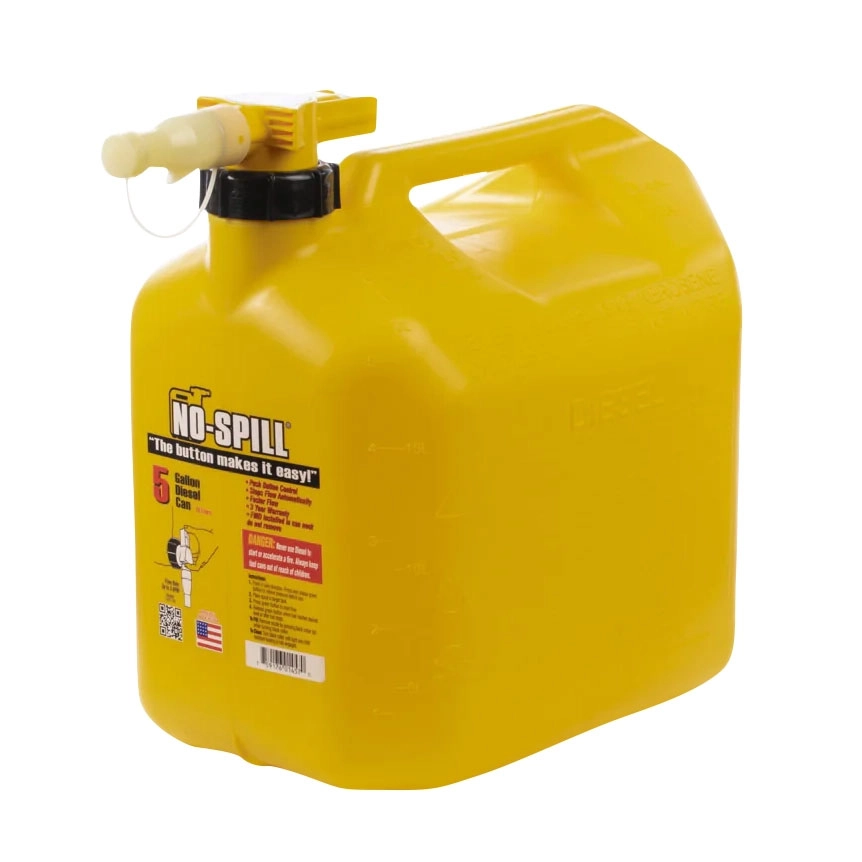
The Role of Color in Assessing Diesel
Typical Color Ranges
Diesel fuel’s color can range from light amber to dark brown, and sometimes even greenish or black shades, depending on various factors. A clear and bright appearance usually indicates good quality, while unusual colors may suggest potential issues. For instance, dark or cloudy fuel could indicate contamination with water or microbial growth. Regular visual assessments can provide initial insights into the fuel’s condition.
The Influence of Additives
The color of diesel fuels can also be affected by the additives used in the refining process. Many manufacturers add dyes to diesel for various reasons, including marking the fuel for tax or regulatory purposes. These dyes can alter the appearance of the fuel, so it is crucial to understand that colored diesel may not necessarily indicate poor quality. Always consider the fuel’s clarity and consistency over its color alone when assessing quality.
Testing Diesel Fuel Quality
Visual Inspection Techniques
Before using diesel fuels, a simple visual inspection can help identify potential issues. Look for clarity, color, and any floating particles. If the fuel appears cloudy or has an unusual color, it may be wise to avoid using that batch. A thorough visual check takes only a moment and can prevent significant problems down the line.
Laboratory Testing
For a more accurate assessment of diesel fuels quality, laboratory testing is often necessary. Testing can reveal the presence of water, sediments, and other contaminants. Furthermore, labs can analyze the chemical composition, including the cetane number, density, and sulfur content. Regular testing is particularly essential for commercial users who rely heavily on diesel fuels and cannot afford downtime due to fuel-related problems.
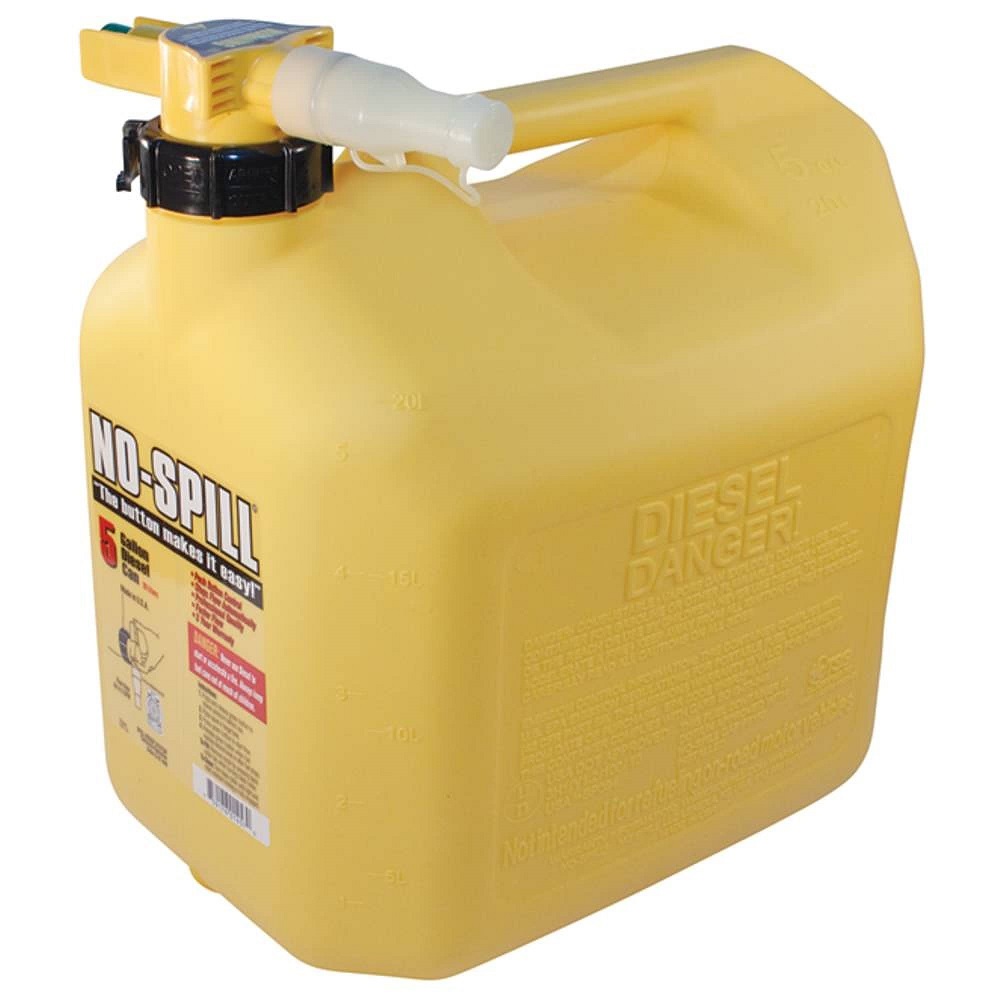
The Significance of Cetane Rating
Understanding Cetane Rating
Cetane rating is a critical measurement for diesel fuels quality. It indicates how quickly and efficiently the fuel ignites under compression. A higher cetane rating signifies better combustion characteristics, resulting in smoother engine operation and reduced emissions. The ideal cetane rating for most diesel engines typically ranges between 40 and 55. Fuels with a rating above this range are considered premium and are often used in high-performance applications.
Effects on Engine Performance
The cetane rating affects the overall performance of diesel engines. Fuels with lower cetane ratings can lead to hard starts, rough running, and increased emissions. Additionally, using fuel with too low a cetane rating can cause a phenomenon known as “knocking,” which can potentially damage engine components. Choosing diesel fuels with an appropriate cetane rating for your engine can optimize performance and reduce the risk of issues.
Common Myths About Diesel
All Diesel Fuels Are the Same
A widespread misconception is that all diesel fuels are of equal quality. In reality, diesel fuels quality can vary significantly based on the source and refining process. Reputable suppliers put their products through stringent quality control measures, while lower-quality fuels can lead to poor engine performance and mechanical issues. Understanding the differences in diesel fuel is crucial for ensuring that you select the best option for your vehicle or equipment.
Color Indicates Fuel Quality
While diesel fuel color can offer some insights into quality, it should not be the sole factor for assessment. For example, some commercial diesel fuels may appear darker due to specific additives or dyes used in the refining process. Conversely, clear diesel may have lost its quality due to contamination. It’s essential to consider multiple aspects of fuel quality, such as clarity, odor, and laboratory analysis, rather than relying solely on color.

Proper Storage of Diesel
Investing in Quality Storage Tanks
Correctly storing diesel fuel can significantly impact its longevity and quality. Use designated fuel storage tanks designed specifically for diesel. Tanks made of materials like steel or high-density polyethylene help prevent corrosion and contamination. Sealing tanks is also critical to keeping out water and air, which could lead to microbial growth and other issues.
Maintaining Stable Conditions
Keep stored diesel fuel in a cool, dark place, away from direct sunlight and high temperatures. Extreme heat can degrade the quality of the fuel, while exposure to air can lead to oxidation. Regularly monitor the fuel for signs of contamination or changes in appearance. Establishing a careful storage routine helps ensure that your diesel remains in top condition, ready for use when needed.
The Role of Diesel Additives
Advantages of Additives
Diesel additives play an essential role in maintaining fuel quality. These substances can enhance the performance of diesel fuel by preventing microbial growth, improving cetane ratings, and reducing emissions. Some additives also aid in lubricating the fuel system, which is especially important in modern diesel engines that utilize high-pressure fuel systems. Investing in high-quality diesel with proper additives can result in cleaner combustion and a more efficient engine.
When to Use Additives
Using additives is particularly beneficial in the winter months when diesel fuel is prone to gelling. Anti-gelling agents can ensure fuel remains fluid, allowing it to flow easily in cold temperatures. Similarly, when storing diesel for longer periods, using a biocide can prevent microbial contamination. Assess your fuel needs based on location and conditions to determine which additives may be suitable.
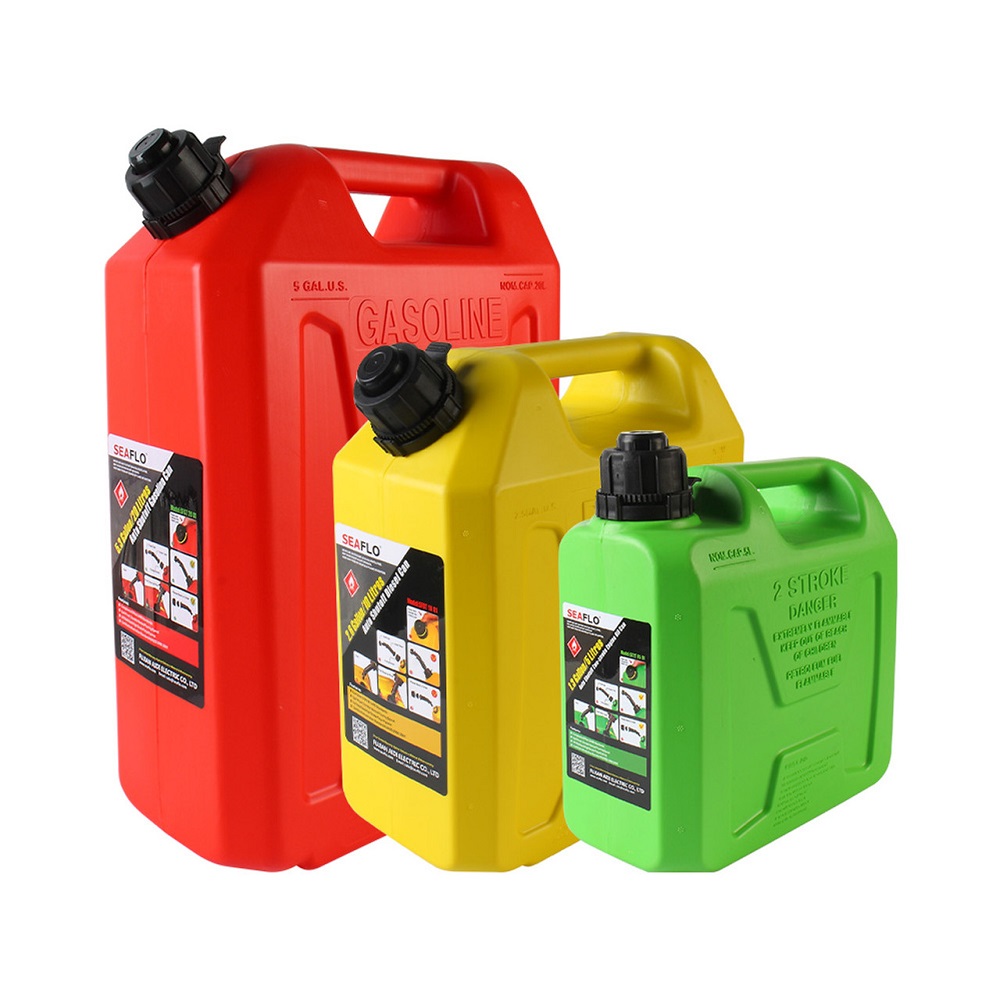
Regular Maintenance and Testing
The Importance of Routine Maintenance
Regular maintenance of your diesel engine is key to optimizing performance and avoiding issues. This includes checking fuel filters and water separation systems. Regularly scheduled maintenance can prevent clogs that may arise from poor-quality diesel fuel. By catching problems early, you can save time and money on repairs while keeping your engine running smoothly.
Fuel Testing Best Practices
In addition to routine maintenance, periodically testing your diesel fuel is essential. Consider testing your fuel every few months, especially if it is stored for extended periods. Testing can provide insights into fuel quality and help identify any issues that need to be addressed. If you notice significant degradation, consider disposing of the affected fuel safely and replenishing with fresh quality fuel.
Conclusion: Making Informed Decisions About Diesel Fuel
Understanding the significance of diesel fuel color and quality is crucial for anyone who relies on diesel engines, be it for personal or commercial use. By recognizing the various types of diesel fuels and their features, you can make informed choices that promote optimal performance. The right fuel not only enhances engine efficiency but also prolongs its life, saving you time and money in the long run.
Paying attention to color, conducting regular checks, and using reputable suppliers ensures that you are working with quality diesel fuel. Additionally, knowing about cetane ratings, potential contaminants, and proper storage practices will enhance your experience. With the correct information in hand, you can confidently navigate the world of diesel fuels and drive your engine forward.
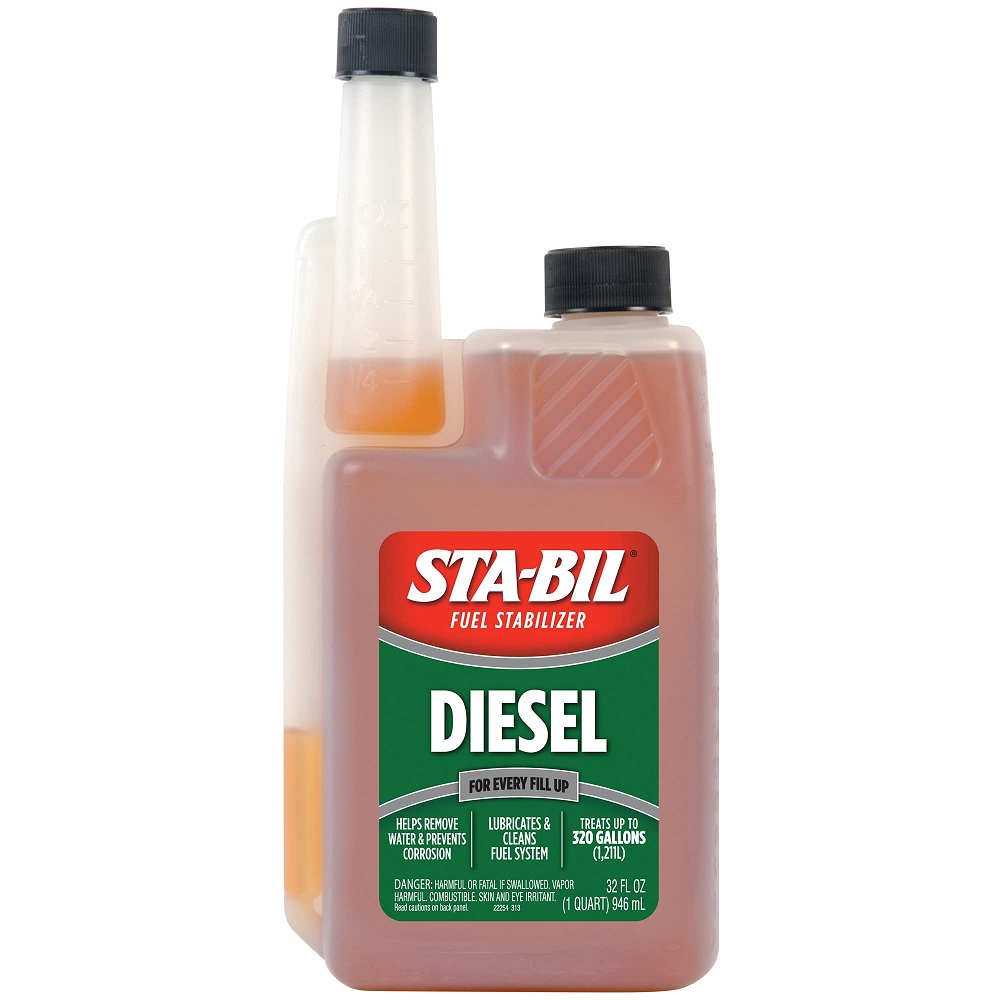
Leave a Reply